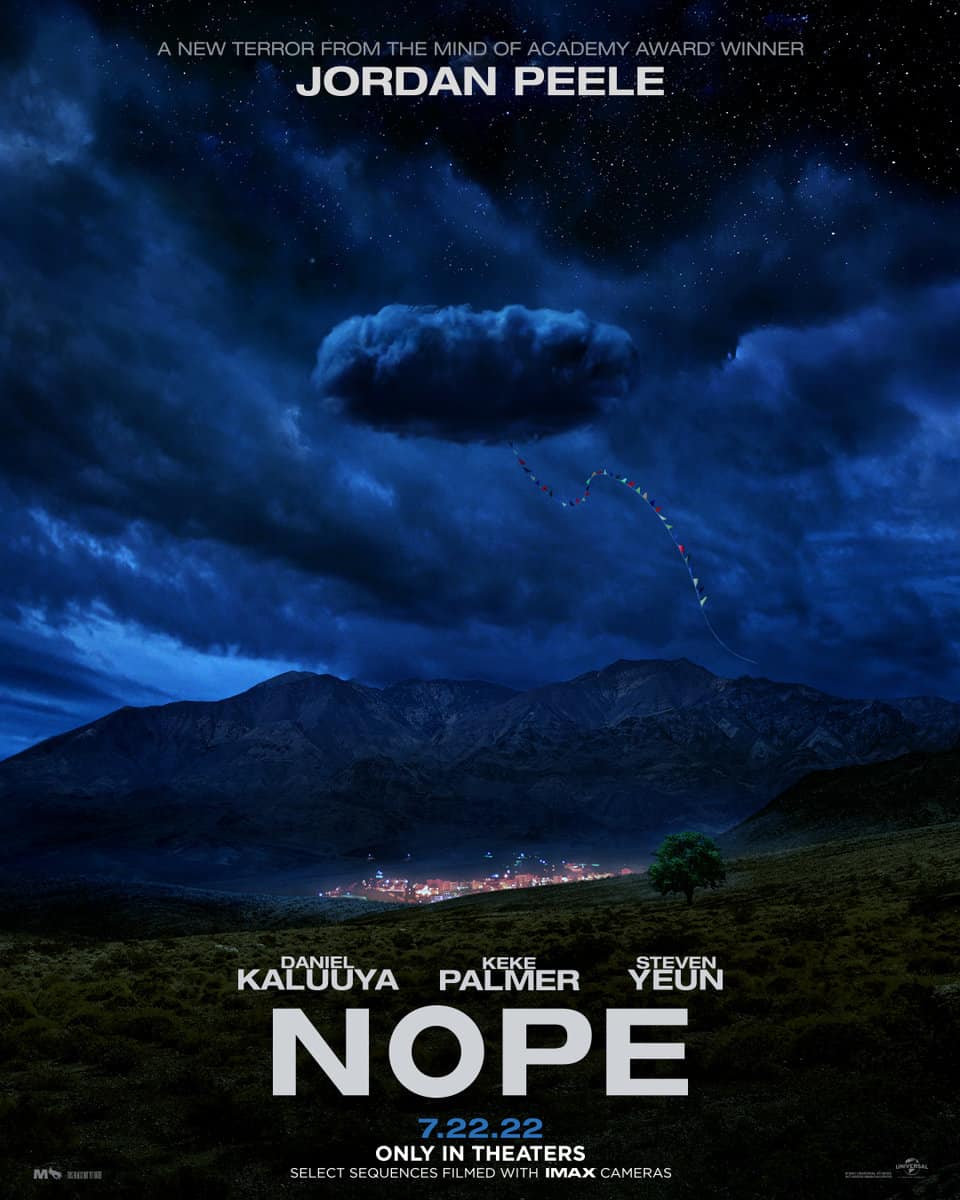
Daniel Pemberton kicks off another month of excellent scores with Birds of Prey. The work is brimming with a sense of controlled chaos, matching the high-energy, frantic nature of its main character, Harley Quinn. Pemberton also injects a wide musical variety for the themes of the film’s many characters: a rock-centric approach to Harley, Huntress has an almost spaghetti western treatment, and Black Canary is paired with a sinister, nearly ambient theme. Pemberton continues to impress with the genre diversity of his scores and, although he’s been scoring films for over a decade, has truly broken out with his last few works.
Isobel Waller-Bridge first impressed me with her work on TV’s ‘Fleabag’ and her film debut in Vita and Virginia, but Emma is possibly her best work to date. It’s steeped in period sophistication and romance, but more than anything, it’s simply a lot of fun. The full soundtrack adds numerous English folk and religious songs, further adding to the music’s distinctive character and entrenching its historical setting.
Before his premature death in 2018, Jóhann Jóhannsson established himself as one of the best and most experimental modern film composers. Two years later, Jóhannsson’s directorial debut Last and First Men released, the score to which he co-composed with Yair Elazar Glotman. It is full of bleak, droning dissonance (not dissimilar to his close collaborator Hildur Guðnadóttir’s recent score for Joker) with an organic undercurrent. There is something otherworldly to the music, a sort of spiritual transcendence carried throughout, leading to a sense of contemplation and the possibility of redemption.
Adventure films, and thus adventure scores, have grown increasingly rare in Hollywood, making John Powell’s The Call of the Wild particularly refreshing. Powell portrays the sense of exploration, constant danger, and untamed wilds. Shining most vividly through the heart of the score is an acoustic, wildly mountainous theme that encapsulates the film’s setting.
Alex Sowinski and Leland Whitty’s score for Disappearance at Clifton Hill is one of February’s great surprises. The duo’s varied use of jazz ranges from the sweaty, sticky 50s criminal noir to cacophonic, noisy interludes. They turn Clifton Hill into a place capable of both style and chaos, but always with an underlying violent threat.



